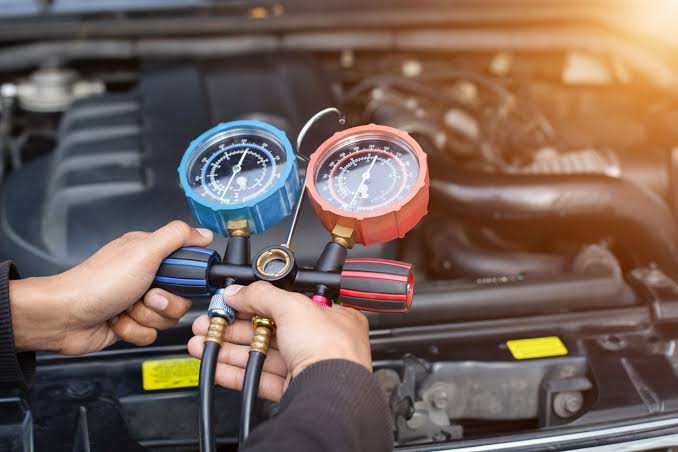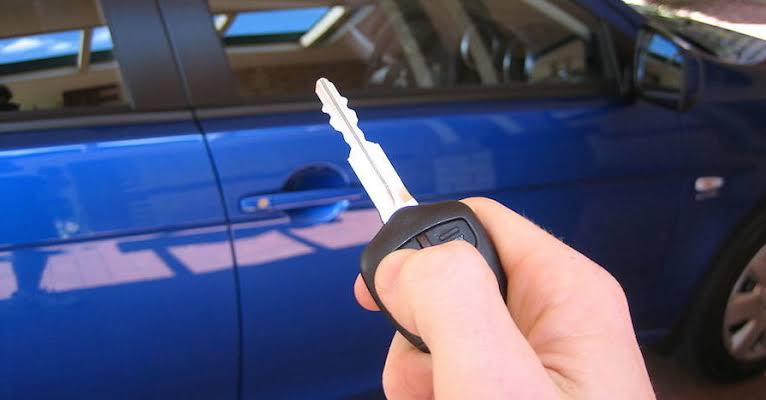Does Cold Weather Affect Car Batteries?

Cold weather can wreak havoc on various car components, and car batteries are no exception. Many drivers notice that their vehicles struggle to start or completely fail during colder months. So, does cold weather affect car batteries? The answer is yes, and understanding why can help you avoid inconvenient breakdowns.
How Cold Weather Affects Car Batteries
1. Reduced Battery Capacity
Car batteries rely on chemical reactions to produce electricity. Cold weather slows down these reactions, reducing the battery’s capacity to hold and deliver power.
- Performance Impact: At 32°F (0°C), a battery loses about 20% of its capacity. At 0°F (-18°C), it can lose up to 50%.
- Increased Demand: While the battery’s capacity is reduced, starting a cold engine requires more energy, putting additional strain on the battery.
2. Thickened Engine Oil
Cold weather thickens engine oil, making the engine harder to turn over. This increases the workload on the battery, further straining its performance.
3. Draining Accessories
Winter accessories like heaters, defrosters, and heated seats increase the demand for electricity, which can drain the battery faster.
Signs of a Failing Car Battery in Cold Weather
1. Slow Engine Crank
If your engine takes longer than usual to start, your battery might be struggling in the cold.
2. Dim Headlights
Dimming headlights or interior lights when starting the car can indicate low battery power.
3. Clicking Sound
A clicking sound when you turn the key is a common sign of a weak or dying battery.
4. Frequent Jump-Starts
If you find yourself needing jump-starts more often during winter, it’s time to inspect or replace the battery.
How to Protect Your Car Battery in Cold Weather
1. Get Your Battery Tested
Before winter hits, have your battery tested to ensure it’s in good condition. Most auto parts stores, like AutoZone, offer free battery testing services.
2. Park Indoors
Parking your car in a garage or other sheltered area can protect the battery from extreme cold and preserve its charge.
3. Use a Battery Blanket
A battery warmer or blanket can help maintain the battery’s temperature, ensuring it performs more efficiently in freezing conditions.
4. Limit Power Usage
Avoid using power-draining accessories like heaters or lights when the engine isn’t running to preserve battery life.
5. Drive Regularly
Short trips don’t allow the alternator enough time to recharge the battery. Regular, longer drives help keep the battery fully charged.
Tips for Choosing a Winter-Ready Battery
1. Check the Cold Cranking Amps (CCA)
The CCA rating indicates how well a battery performs in cold temperatures. Look for a battery with a higher CCA rating if you live in a cold climate.
2. Consider a Maintenance-Free Battery
Maintenance-free batteries require less upkeep and are better suited for harsh conditions.
3. Opt for a Fresh Battery
Always check the manufacture date when buying a new battery. Older batteries are less reliable in winter.
Frequently Asked Questions
1. Can a Battery Freeze in Cold Weather?
Yes, a fully discharged battery is more likely to freeze. A frozen battery can crack and become unusable.
2. How Often Should I Replace My Car Battery?
On average, car batteries last 3-5 years. If your battery is older or showing signs of weakness, replace it before winter.
3. Do Diesel Engines Affect Battery Performance in Winter?
Yes, diesel engines often require more power to start, making a strong battery essential in cold weather.
4. Are All Batteries Equally Affected by Cold Weather?
No, lithium-ion batteries are particularly sensitive to cold, while lead-acid batteries perform slightly better.
5. What Happens if I Jump-Start a Frozen Battery?
Never jump-start a frozen battery, as it can explode. Allow it to thaw before attempting a jump-start.
Conclusion
Cold weather has a significant impact on car batteries, reducing their capacity and making them work harder to start the engine. To avoid the inconvenience of a dead battery, take proactive measures like testing your battery, parking indoors, and limiting power usage. By understanding how cold affects your battery and preparing for the season, you can ensure smooth starts and reliable performance all winter long.
Also Check:
• Does Walmart Take Old Car Batteries?





